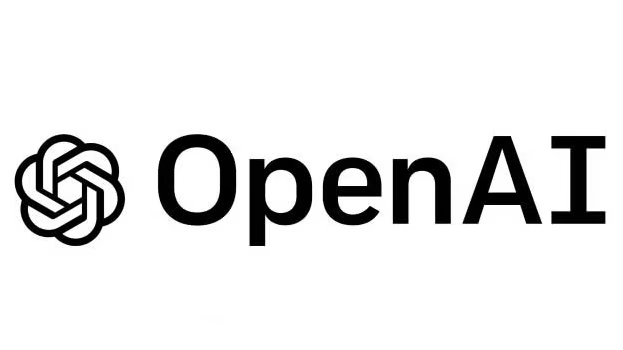In a move that underscores the colossal computational demands of next-generation artificial intelligence, Microsoft and OpenAI are reportedly collaborating on an ambitious, multi-phase data center project codenamed ‘Stargate,’ potentially culminating in an AI supercomputer costing upwards of $100 billion. This initiative, detailed in recent reports citing sources familiar with the plans, represents an unprecedented investment aimed at securing the infrastructure necessary to power increasingly sophisticated AI models anticipated in the coming years.
The scale of the proposed Stargate project dwarfs current data center investments. The reported $100 billion figure, likely spread over several years, highlights the exponential growth in computing power required to train and run frontier AI models, such as OpenAI’s successors to GPT-4. These models demand vast arrays of specialized processors, primarily GPUs, interconnected with high-speed networking, and supported by immense power and cooling infrastructure. Stargate is envisioned as the pinnacle of a series of supercomputing build-outs the partners are undertaking, representing the fifth phase in their infrastructure roadmap.
Details suggest the project is tentatively planned for the United States, likely requiring a dedicated power source, possibly including alternative or nuclear energy options, given the anticipated massive electricity consumption – potentially measuring in gigawatts. The physical footprint would be enormous, housing millions of specialized AI chips. The timeline reportedly targets completion around 2028, indicating the long-term planning horizon necessary for such a monumental undertaking. This phase would significantly surpass the capabilities of the partners’ current AI supercomputing infrastructure, which already ranks among the most powerful in the world.
This venture deepens the strategic partnership between Microsoft and OpenAI. Microsoft has already invested billions into OpenAI, securing exclusive rights to license its technology and integrating it deeply into Azure cloud services and products like Microsoft Copilot. Stargate appears to be the infrastructural bedrock intended to ensure OpenAI maintains its competitive edge in developing large-scale AI models, while cementing Azure’s position as a leading platform for AI development and deployment. Financing such a project poses significant questions, with reports suggesting Microsoft is likely to bear the brunt of the cost, viewing it as a critical investment in its future cloud and AI dominance.
The technical and logistical challenges are immense. Sourcing potentially millions of high-performance AI chips from manufacturers like Nvidia (or potentially alternative suppliers including AMD, Intel, or even custom Microsoft designs) is a major hurdle, given current supply chain dynamics. Providing the sheer amount of power required presents unprecedented energy infrastructure challenges, potentially necessitating novel solutions and partnerships with utility providers. Furthermore, designing cooling systems capable of dissipating the heat generated by such dense computing clusters is a significant engineering feat.
If realized, Stargate would represent a significant leap in computational capacity dedicated to AI, potentially accelerating breakthroughs in various fields. It also highlights the immense concentration of resources required to operate at the forefront of AI development, raising questions about accessibility and the competitive landscape. The project signals Microsoft and OpenAI’s commitment to pushing the boundaries of AI capabilities, betting that the future requires supercomputers of a scale previously confined to national labs or science fiction.
Source: The Information

